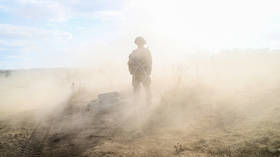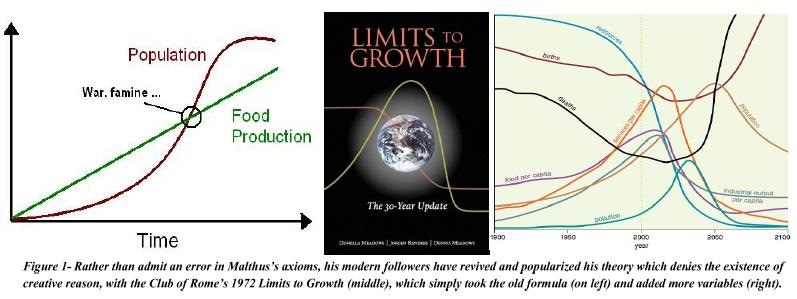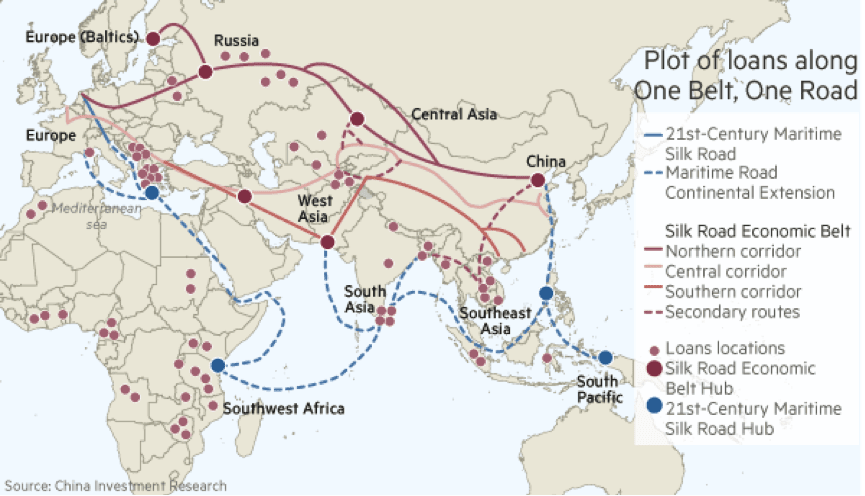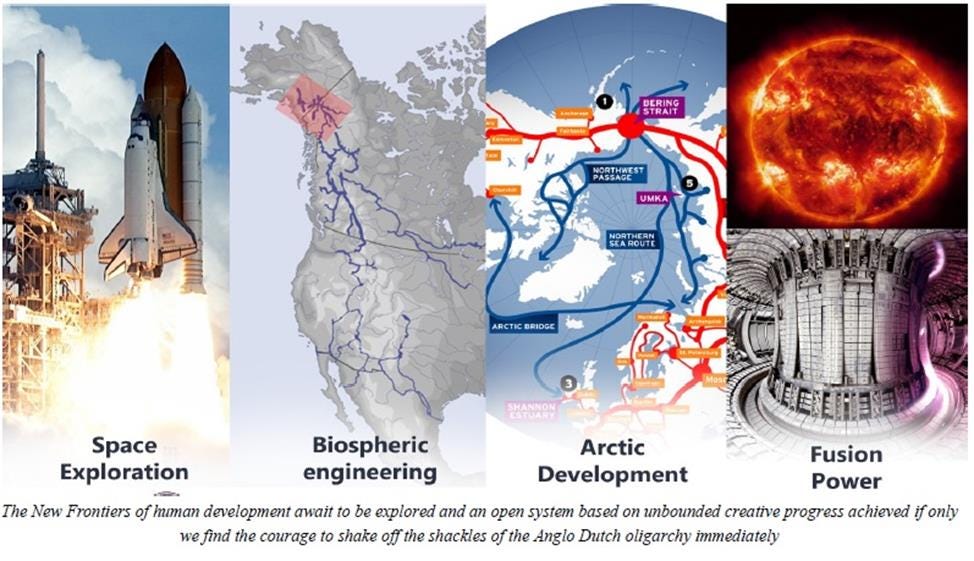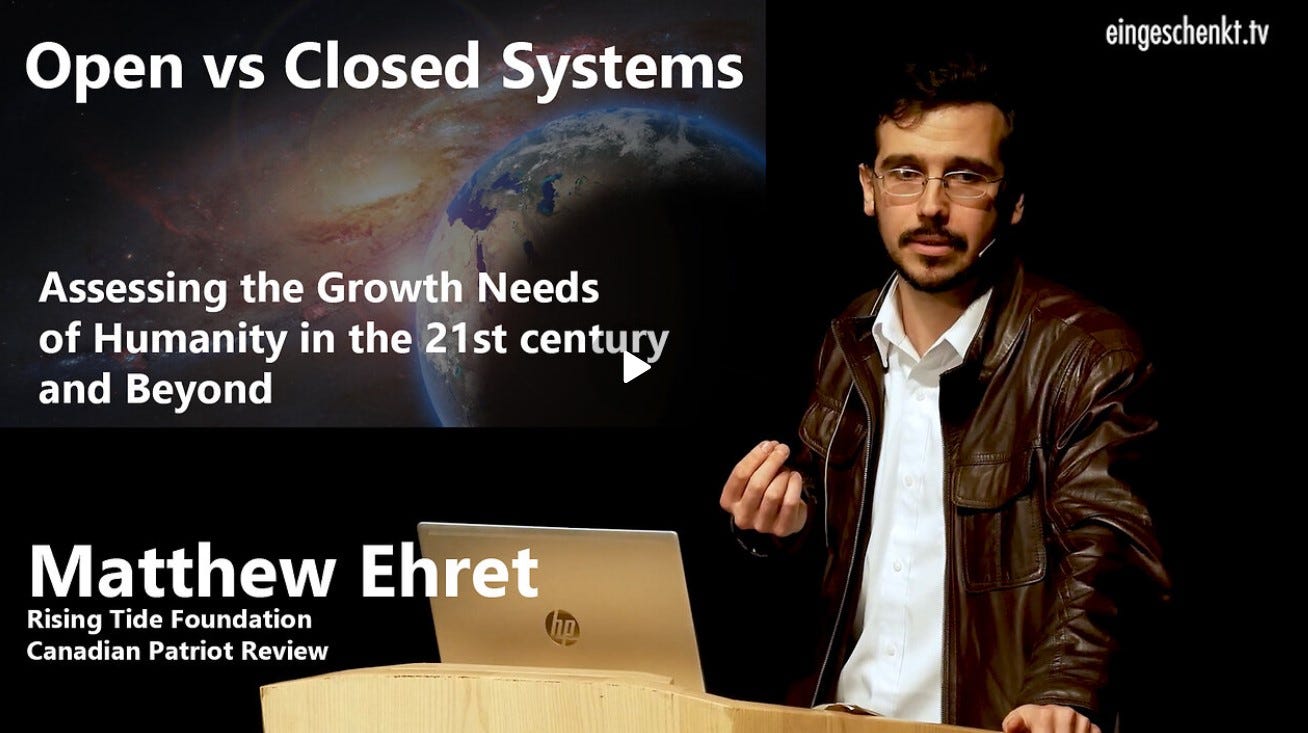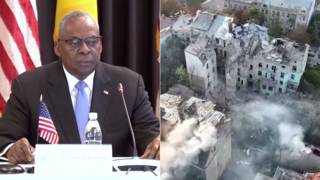Once upon a time a group of Marxist vegan scientists weren’t happy with the way the world was going.
They noted that most USians more easily imagined the end of the world than the end of capitalism.
They also noted that the capybara, a large rodent found in South America, seemed to get along very well with all other creatures, sleeping and playing with turtles, cats, rats, rabbits, humans, monkeys, birds, dogs, sometimes even caimans.
So these Marxist vegan scientists, building on the work of Harry Harlow’s infamous maternal deprivation experiments on baby rhesus monkeys and Martin Seligman’s dog-shocking experiments at Penn, applied for a government grant to make capybaras turn against other animals and other animals to hate the capybaras. The National Institutes of Health immediately recognized how useful this would be in US-instigated color revolutions and funded the proposal with $100 million.
However, the Marxist vegan scientists’ real covert plan was to create the “capyvax,” a genetically-engineered treatment that had a happy-sounding name which would make the inoculated humans become more capybara-like and less anti-social and quarrelsome.
So the Marxist vegan scientists traveled to a capybara sanctuary in Big Sur California to obtain hair and fecal samples – it was the old Esalen – where the capybaras played and mated in the hot tubs on cliffs fifty feet above the Pacific Ocean, listening to the waves and wind roar every day and night. (Capybaras only mate in water.)
In no time at all the capyvax was created and ready to be tested. One of the scientists said:
“To be valid, we have to test this on the most violent, hideous anti-social people we can find.”
“You’re not proposing to use prisoners are you?”
“Of course not. Here’s the plan: We’re going to use the grant money to go into all the homeless encampments in Los Angeles –”
“Wait a minute! That’s even more depraved! You’d be making the most disenfranchised members of the working class get even more used to this diabolical system! This is one step away from… from therapy!”
“Will you let me finish! Jesus, Frankie says relax! We’re going to go into the homeless encampments to find all the homeless vets – there will be former army snipers among them. We’re going to make these people rich with only a fraction of the grant money, equip them with dart guns and then set about inoculating the most depraved people walking the planet.”
“OK. But who?”
“We need a diverse, scientifically valid sample population of Nazis – we need the Mississippi K Street delta bluesman Antony Blinken, the pasty blood-sucked actually already dead Jake Sullivan, the rancid Victoria Nuland, the creepy clown John Wayne Gacy Kirby, the blood sucking Matthew Miller (see his happy meal Sullivan above), the box-checked triple threat Karine Jean-Pierre and the least ahimsa-like Indian on the planet and future Breezewood, Pennsylvania Super 8 proprietor, Vedant Patel. We need the master planners like Blinken and Nuland but we also need the little Eichmans and Streichers like Patel, KJP, Count Smirkula, Kirby and members of US state media – like New York Times reporters.”
“Isn’t The New York Times Israeli state media?”
“Whatever. Don’t nitpick. These parasites are all war mongering genocide-consent-manufacturing media soldiers. All that matters is that they aren’t reporters. They aren’t journalists.”
Within weeks of being darted Antony Blinken and Victoria Nuland quit their jobs and began volunteering with Food Not Bombs. (“What a novel idea!” said Blinken. “Previously, I would have started a 501 (c) (3) called Hellfire Missiles Not Food!”) Similar altruistic things happened with all the other Nazi functionaries. They stopped wasting their lives, humiliating and dehumanizing themselves every day with laughable lies and brazen hypocrisies. They stopped being repulsive loathsome abject disgraces to their families, friends and country.
There were physical changes too. Blinken, Nuland and Count Smirkula, for example, became less rat-like as their snouts grew out and more squarish. They still spoke English and walked on their hind legs but they grew thick hairy coats that covered their bodies and, over time, they shed their clothes altogether, leading Blinken to defend his bare ass – instead of his bare-ass lies – by performing an updated version of Dylan’s “It’s Alright Ma, I’m Only Bleeding”: “Even the real president of the United States sometimes must have to stand naked!”
As soon as the worlds’ intelligence agencies saw Blinken and Nuland making sun bread and passing out vegan burritos to homeless people they knew something was up in the US.
Russian spies quickly tracked down the Marxist vegan developers of the capyvax and approached them about selling the formula. The scientists were true US patriots, however, and held firm, saying, “For season tickets to the Bolshoi, decent lifetime healthcare for our babushkas, dachas in Sochi and a Chinese commitment to fix the 405, it’s yours.”
“Done, comrade veganskya.”
Vladimir Putin confabbed with China’s President Xi and said, “You know what this means in the end?”
“Yes, happybaras of the world unite!”
Even though the vote-harder US working class wasn’t aware of this, the rest of the world understood that nothing positive was able to arise from within the US and Israel. These entities were no longer capable of self-correcting even to save themselves. The last line of defense against barbarism – the working class majority – was now a corrupt, obedient, cowardly, defeated, kiss up, kick down, empathy-less entity. These were Nazi societies of longstanding, Israel for over seven decades and the US since the early 1970s and for US blacks and indigenous peoples, centuries. Every day was 1940 Germany and past the point of no return. Change would have to be imposed on the US and Israel from the outside.
So Russia quickly sent planeloads of new-fangled cluster munitions to Iran – basically paintballs that released aerosolized versions of the capyvax and, because it was the hard case of Israel, LSD was added. These capyvax/window pane speed balls were trucked from Iran to Syria and into Lebanon for Hezbollah who launched them on occupied Palestine.
Israel, of course, was still holding raves twenty feet from their new concentration camps in the West Bank – but always in that ironic Israeli post-apocalyptic Hunger Games way, like their soldiers wearing Gaza women’s panties and bras after summarily executing them in their homes, labeling one music festival the Shlomotown Massacre featuring all you can drink Kha-kha-kha-mas Kool Aid. Bibi Netanyahoo, wearing both a kippah and a headband, proclaimed from the nosh pit, “Israel is safe! Israel is back!”
However, Hebrew-speaking Hezbollah operatives had finished the northern section of the Gaza Metro underneath all of Israel, infiltrated the rave and spiked the Kool Aid. Bibi, taking an Area C-size ladleful, off-handedly said, “Oh, wow, the colors. It’s so amazing. My fellow Israelis, my comets, my bon ami, my ethnic cleansers, maybe we should all go to Miami and be there now with my son, Yair. Don’t bogart those knish edibles, man!”
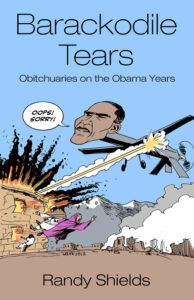 Then ravers yelled out: “Right on!” “It’s all coming together!” “I see everything now all at once!” “Yes! The past, the present, the future, that radioactive planet-poisoner Herzl!” “The Zio-tonium half-life of 76 years!” “Those true antisemites behind Balfour!” “Those whack jobs so attached to our ancient Biblical homeland that they originally wanted to put us in Madagascar and Suriname!” “El Al hell yeah!” “We haven’t had this spirit here since 1969!” “No, man, my trip is turning bad – are we in the Zionist roach motel…?”
Then ravers yelled out: “Right on!” “It’s all coming together!” “I see everything now all at once!” “Yes! The past, the present, the future, that radioactive planet-poisoner Herzl!” “The Zio-tonium half-life of 76 years!” “Those true antisemites behind Balfour!” “Those whack jobs so attached to our ancient Biblical homeland that they originally wanted to put us in Madagascar and Suriname!” “El Al hell yeah!” “We haven’t had this spirit here since 1969!” “No, man, my trip is turning bad – are we in the Zionist roach motel…?”
Very soon it became apparent that something was happening all over the world. Happybaras were here, there and everywhere. A new slogan went viral: “Four legs great – two legs not so bad!”
As humans morphed into happybaras, they had to learn the ways of the original capybaras. For instance, people were mating, walking on two legs and speaking their native tongues as always but they now were completely covered with body hair. As one wag said about the mass adoption of body hair and “nudity”: “In the old days, sonny, all I can say is – thank God for clothes! Humans were so out of shape and ugly at nearly all stages of development. It was blind shithouse luck or really hard work to get any of them aesthetically appealing.”
Sports teams were now proud to be linked to vegan animals like capybaras and manatees – witness the newly-named Chicago Capybearas, the Dallas Seacow Boys and the Cleveland Cavies (nee Cavaliers) who kept their Cavs nickname.
One crappy thing that people had trouble with is that capybaras are auto coprophagous. Some people excitedly thought this was a new form of sex and others had no idea what it was though a few of them had been doing it for years. Auto coprophagous means that capybaras eat their own feces.
Like the protein, iron, B-12 and manhood panics, a general alarm sounded across US social media. The Marxist vegan scientists parried back with, “Look, capitalism has been making all of us eat shit for our entire lives. Is this a back road, a bridge too far for a peaceful and just world? We have to evolve. We humans haven’t stepped up to the “plate,” so to speak, and learned how to manage all the waste we create. Our new transition to happybarahood is going to be a boon to the planet. This is more symbolic, more asspirational than literal. It gets us in the mindset of looking closer at what we produce and where it goes.”
As time passed the savvy cavies cum happybaras assumed prominent positions in waste management, international diplomacy and mediation, replacing lawyers, police and judges. Crime disappeared. Raises and promotions ceased being based on appearance. It was all about the content of the cavy. The capybaras’ practice of alloparenting (it takes a village) became widely accepted. Although capybaras practice the Bumble mating system (females choose males), once male humans learned that there would eventually be twice as many female happybaras for every male happybara they started embracing their inner nutria.

Capybara (Hydrochoerus hydrochaeris)
San Martin River, Beni Department of Bolivia.
Eventually the original capybaras’ barks, chirps, grunts, and purrs became widely influential and understood throughout the world, especially their ability to whistle through their noses. As my high school Spanish teacher once told us, “Class, are you now getting an idea how dumb and difficult the English language is? All these words that sound the same but are spelled differently or look the same but are pronounced differently or mean different things. Compound adjectives and possessive plurals are always a matter of luck. Is a misplaced modifier a big deal really? It’s ridiculous. If you go to a foreign country you need to learn how to say two things: One, how much does it cost? And two, where’s the bathroom? Don’t get it twisted, it’s always socialism or extinction and dinero y bano.” Oh, if she could have lived to see the day when a bunch of evolved commie happybaras didn’t care about either one!
The capyvax and happybaras ushered in a lazy new world with the capybara replacing the eagle as the US national symbol. The US national motto became what author Henry Miller always wanted it to be: Where Nothing Happens – goof off, stop working so hard, visit friends, there’s nothing noble about money, conquering and wage slavery.
And that, children, is how the world became a peaceful and just place.
There was one disturbing thing that happened. A minor internet grifter who once publicly said he wanted to have sex with a horse went to Brazil to have sex with a 100% old-style she/her capybara. He was turned down over 500 times by both male and female capybaras, three anacondas, two peccary swingers and an entire school of piranhas. But there was one blind mentally-challenged underage female orphaned capybara that he succeeded in mating with. Disappointingly, generations of capybaras began appearing that left 5% tips at restaurants, drove slowly in the passing lane, argued about invisible Gods and were soon ostracized by all other creatures. Huh.
Scientists are now studying the matter.
The post
Empire Fables: How Humans Became Happybaras first appeared on
Dissident Voice.
This post was originally published on Dissident Voice.

